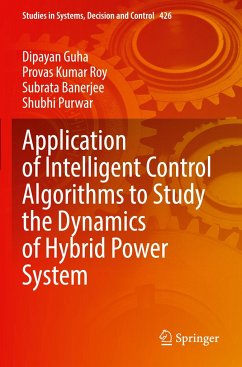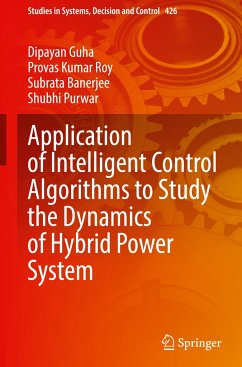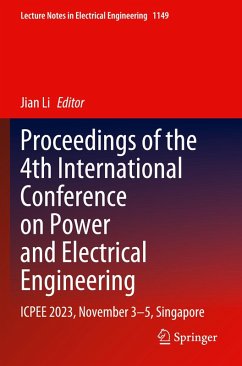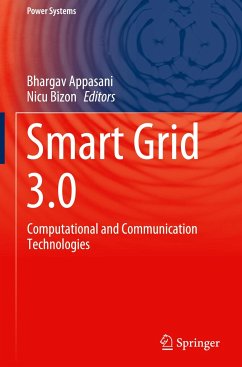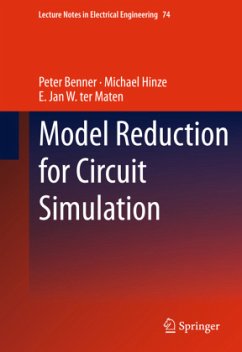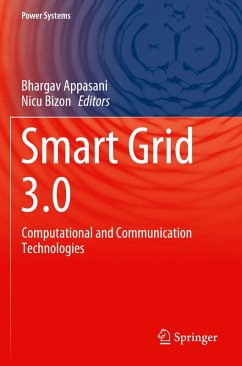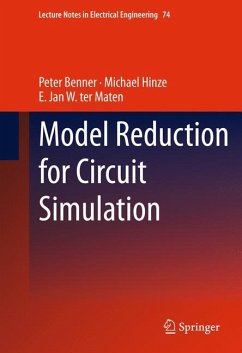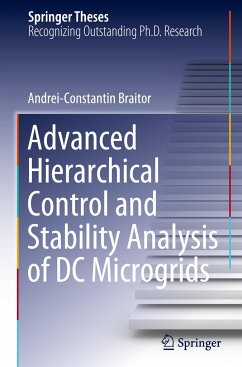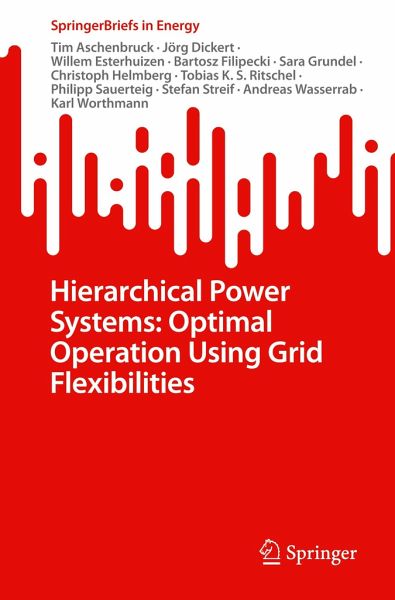
Hierarchical Power Systems: Optimal Operation Using Grid Flexibilities

PAYBACK Punkte
17 °P sammeln!
This book explains the power grid as a hierarchy made up of the transmission, distribution, and microgrid levels.Interfaces among these levels are explored to show how flexibility in power demand associated with residential batteries can be communicated through the entire grid to facilitate optimal power flow computations within the transmission grid.To realize this approach, the authors combine semi-definite optimal power flow with model-order reduction at the distribution level and with a new heuristic algorithm for stable power flow at the transmission level. To demonstrate its use, a numer...
This book explains the power grid as a hierarchy made up of the transmission, distribution, and microgrid levels.
Interfaces among these levels are explored to show how flexibility in power demand associated with residential batteries can be communicated through the entire grid to facilitate optimal power flow computations within the transmission grid.
To realize this approach, the authors combine semi-definite optimal power flow with model-order reduction at the distribution level and with a new heuristic algorithm for stable power flow at the transmission level. To demonstrate its use, a numerical case study based on modified IEEE 9-bus and 33-bus systems for the transmission and distribution grid, respectively, is included.
This book shows how exploiting the flexibility on the residential level improves the performance of the power flow with the transmission grid.
Interfaces among these levels are explored to show how flexibility in power demand associated with residential batteries can be communicated through the entire grid to facilitate optimal power flow computations within the transmission grid.
To realize this approach, the authors combine semi-definite optimal power flow with model-order reduction at the distribution level and with a new heuristic algorithm for stable power flow at the transmission level. To demonstrate its use, a numerical case study based on modified IEEE 9-bus and 33-bus systems for the transmission and distribution grid, respectively, is included.
This book shows how exploiting the flexibility on the residential level improves the performance of the power flow with the transmission grid.





